
Rapvary 200mg Oral Suspension
Manufacturer
Cubit Healthcare
Salt Composition
Azithromycin (200mg/5ml)
Key Information
Short Description
Rapvary 200mg Oral Suspension is an antibiotic medication used to treat a wide range of bacterial infections in children.
Dosage Form
Oral Suspension
Introduction
Rapvary 200mg Oral Suspension is an antibiotic medication commonly given to children for the treatment of bacterial infections targeting the ear, eyes, nose, throat, lungs, skin, and gastrointestinal tract. It is essential to complete the entire course of this medicine to avoid the bacteria multiplying again or causing another infection.
Directions for Use
Give Rapvary 200mg Oral Suspension with food to avoid an upset stomach. Encourage your child to drink plenty of water in case diarrhea develops as a side effect.
How it works
Rapvary 200mg Oral Suspension is an antibiotic that works by interfering with the synthesis of essential proteins required by bacteria to perform important functions. It stops the infection-causing bacteria from growing further and prevents the infection from spreading.
Quick Tips
Complete the entire course of this medicine to avoid the bacteria multiplying again or causing another infection Give Rapvary 200mg Oral Suspension with food to avoid an upset stomach Encourage your child to drink plenty of water in case diarrhea develops as a side effect Rapvary 200mg Oral Suspension will not be effective for viral infections Only give Rapvary 200mg Oral Suspension to your child for their current infection
Related Medicines

Azee XL 200mg Liquid Peppermint & Orange

Azibact LR 200 Readymix Suspension
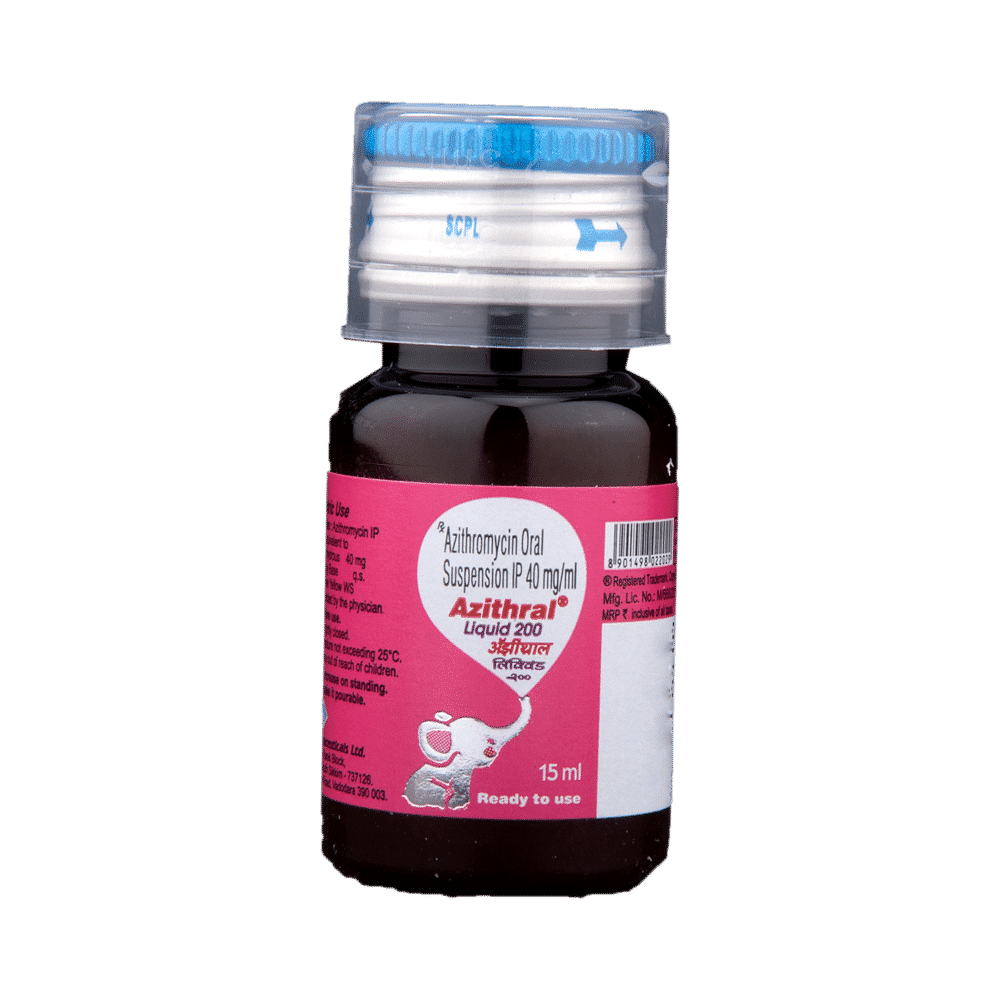
Azithral 200 Liquid
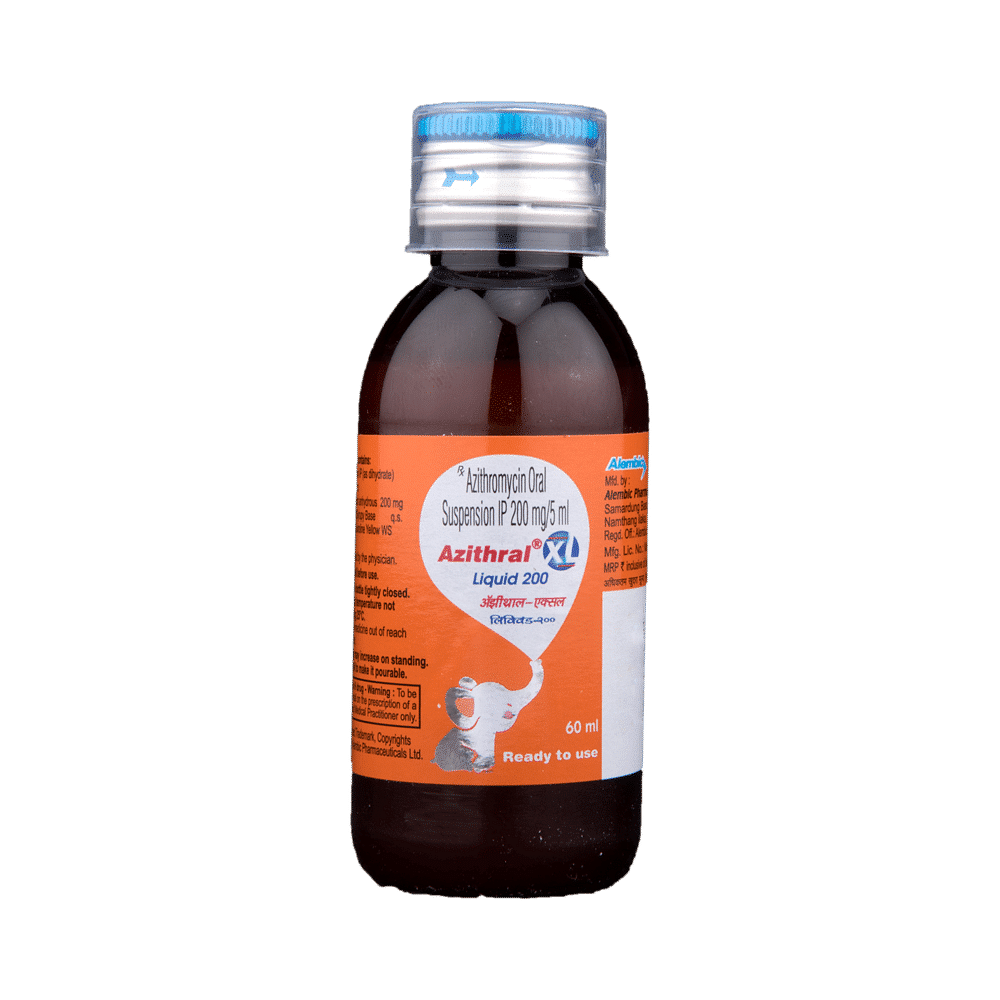
Azithral-XL 200 Liquid
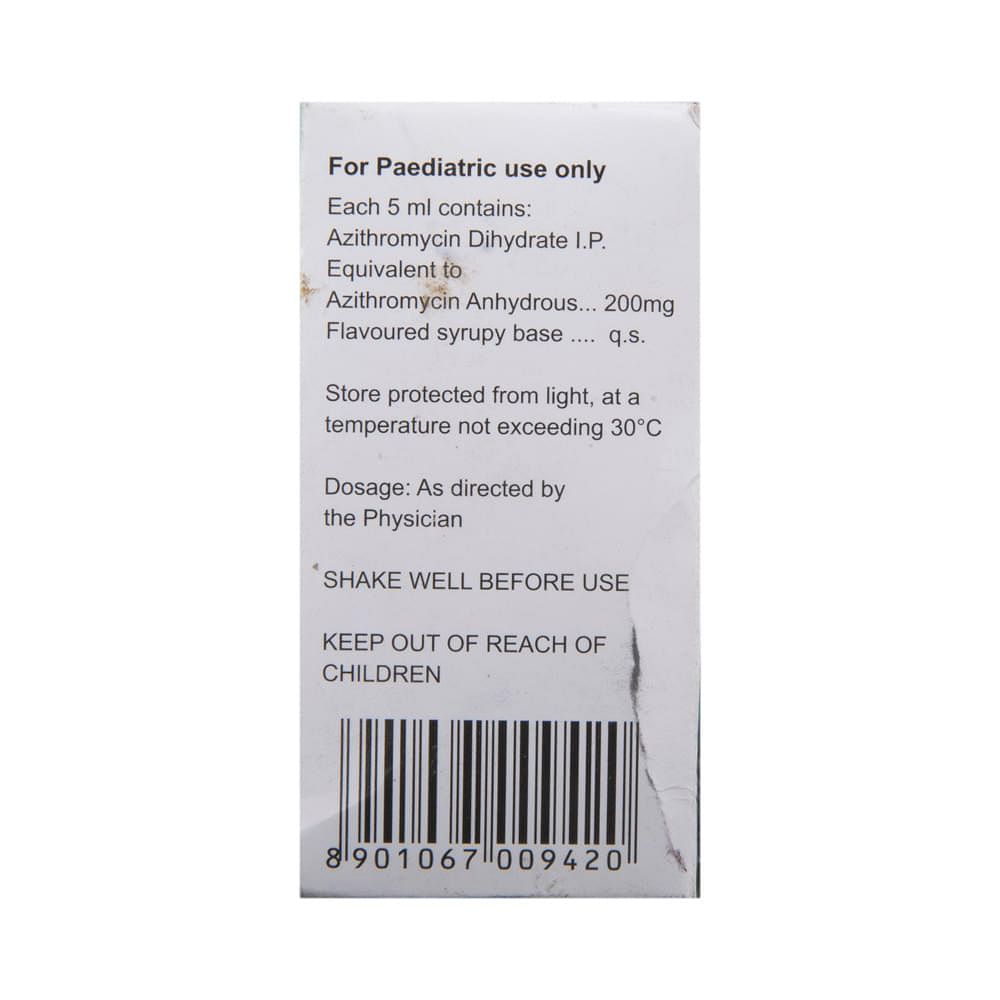
Aziwok 200 Liquid Mango
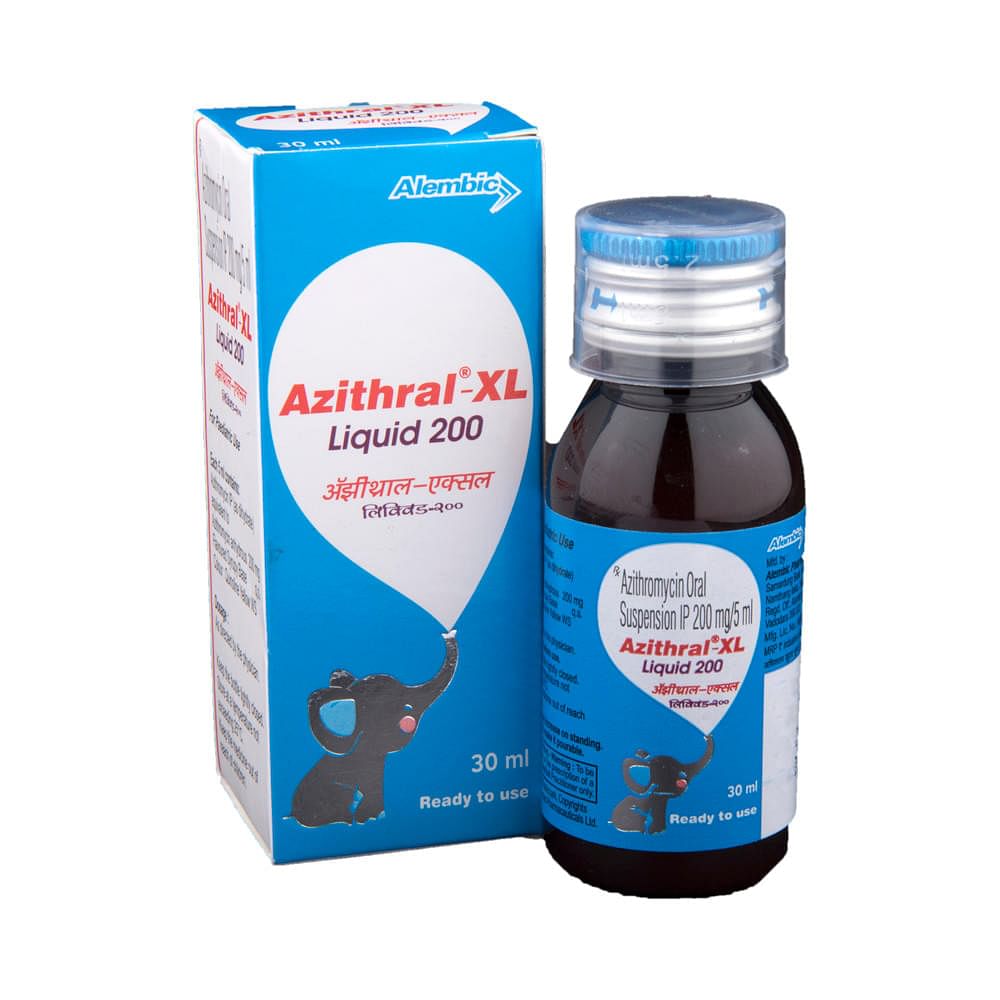
Azithral-XL 200 Liquid
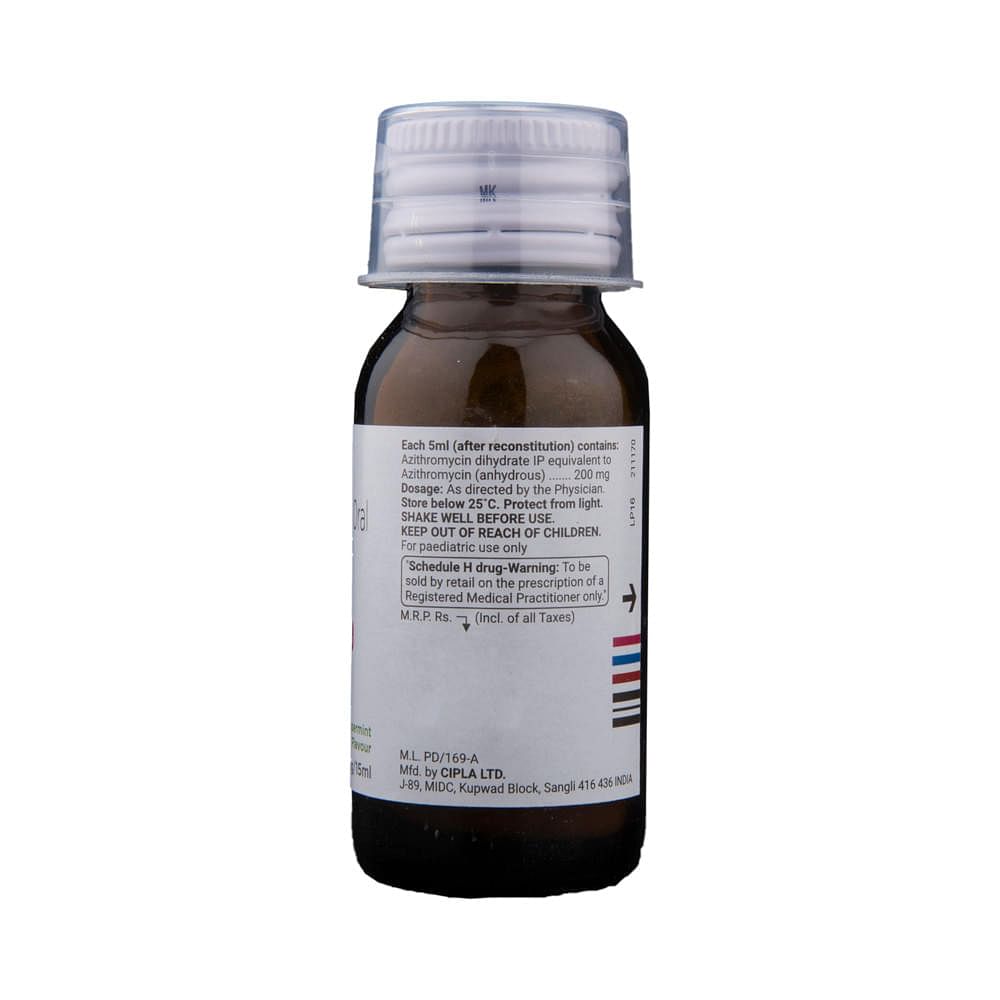
Azee 200 Dry Syrup Peppermint
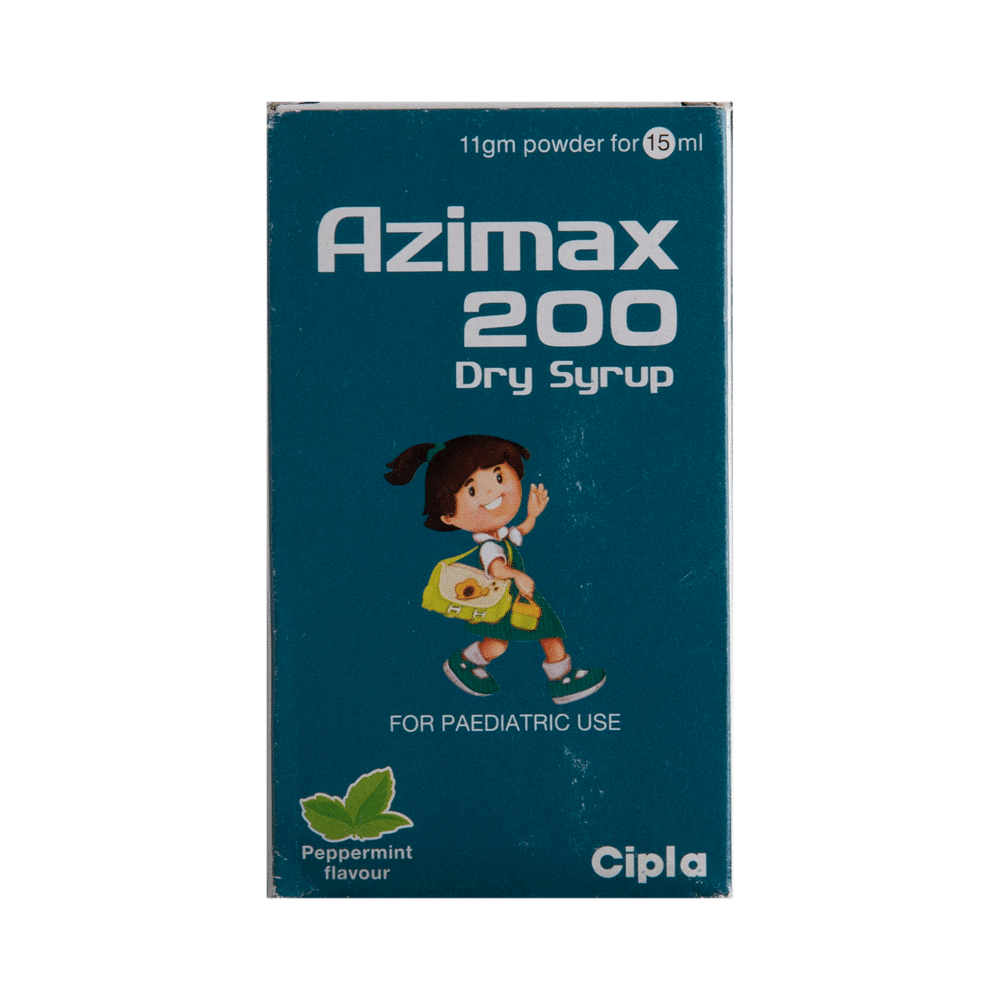
Azimax 200 Dry Syrup Peppermint

Azilas Oral Suspension

Alecin 200mg Oral Suspension
Frequently asked questions
What should I do if I accidentally give too much of Rapvary 200mg Oral Suspension to my child?
Rapvary 200mg Oral Suspension is unlikely to cause harm if an extra dose is given by mistake. However, if you think you have given too much of the medicine to your child, immediately contact a doctor. Overdose may lead to unwanted side effects and potentially worsen your child's condition.
Are there any serious side effects associated with Rapvary 200mg Oral Suspension?
Some possible serious side effects of this medicine include persistent vomiting, kidney damage, allergic reactions, diarrhea, and severe gastrointestinal infections. Always consult your child's doctor for help in such situations.
Can I give other medications to my child at the same time as Rapvary 200mg Oral Suspension?
Rapvary 200mg Oral Suspension may interact with other medicines or substances. It's important to tell your doctor about all other medications your child is taking before starting Rapvary 200mg Oral Suspension, and also check with your child's doctor before giving any medicine to your child.
Can I get a vaccine while on treatment with Rapvary 200mg Oral Suspension?
Antibiotics usually do not interfere with the ingredients in vaccines or cause a bad reaction in a child who has recently been vaccinated. However, children taking antibiotics should not receive a vaccine until they are fully recovered from any illness. Once your child feels better, the vaccine can be administered.
What lab tests should I have my child undergo while on long-term Rapvary 200mg Oral Suspension?
The doctor may recommend kidney function and liver function tests periodically to monitor your child's condition.
How might Rapvary 200mg Oral Suspension affect my child's digestion?
Children often experience digestive upsets while taking medicine. Rapvary 200mg Oral Suspension can negatively impact the healthy bacteria in their gastrointestinal tract, increasing your child’s risk of developing infections. If your child experiences diarrhea while on Rapvary 200mg Oral Suspension, avoid stopping the medication and contact their doctor for advice.
Why is Rapvary 200mg Oral Suspension given for a short time?
The duration of treatment with Rapvary 200mg Oral Suspension depends on the type of infection and your child's age. It might not be taken for exactly three days in all cases, depending on the severity of the bacterial infection. For instance, a single dose of 500mg is given for three days or it can be taken as 500 mg on day one and then 250 mg on days two to five.
What should I avoid when taking Rapvary 200mg Oral Suspension?
Generally, patients are advised not to take antacids with Rapvary 200mg Oral Suspension because it can affect the medication's effectiveness. It is also recommended to avoid prolonged exposure to sunlight or tanning beds as this medicine increases the risk of sunburn.
Is Rapvary 200mg Oral Suspension a strong antibiotic?
Rapvary 200mg Oral Suspension is an effective antibiotic used for treating various bacterial infections. It has a longer half-life than other antibiotics, which means it stays in the body longer and can be administered once a day for a short time. Other antibiotics have shorter half-lives and are often given multiple times a day.
Can I get a yeast infection from taking Rapvary 200mg Oral Suspension?
Some people might experience fungal or yeast infections, known as thrush, after taking Rapvary 200mg Oral Suspension. Antibiotics can kill the normal or 'good' bacteria in your intestine responsible for preventing thrush. If you experience a sore throat, vaginal itching, discharge, or white patches on your mouth or tongue, inform your doctor immediately.


